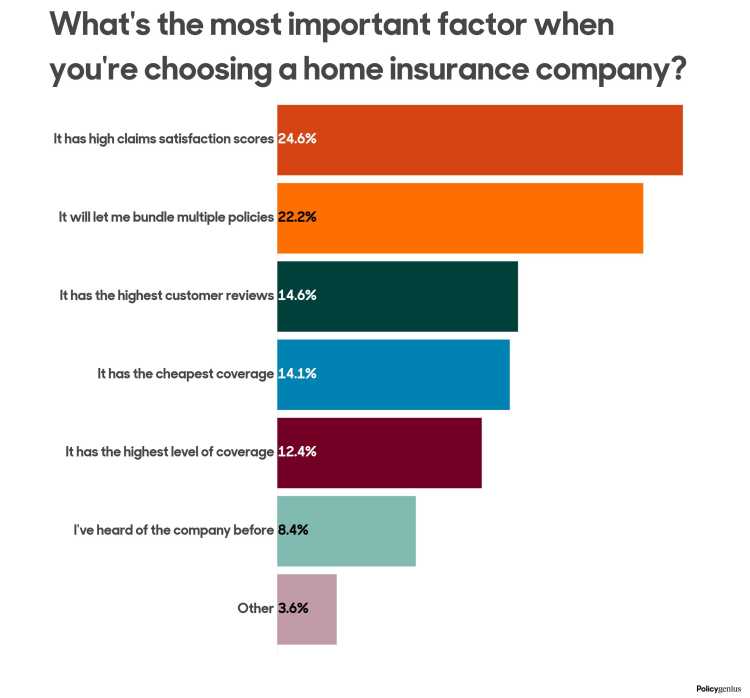
Self-funded insurance is becoming a popular choice for employers looking to regain some control over their employee benefits. They offer many benefits over traditional fully insured plans, including lower administration costs, greater flexibility and financial accountability.
What is a self-insured health plan?
An employer-sponsored self-funded health plan allows the employer to pay for healthcare services by combining its own funds with those of the enrollees. These funds are deposited in a special trust fund to pay for incurred claims. Employers typically work with a third-party administrator or broker to help manage the process. They also ensure that the plan is designed properly for their employees and budget.
What is a Self-Funded Insurance Plan (SFIP)?
A selffunded insurance plan uses the money of an employer to pay for medical services. This is a great option for smaller businesses, as it allows them to control their costs. It can also be used to cover employees' dependents who do not have other options for coverage, such as Medicare or Medicaid.

What is an Self-Funded Plan?
A health plan that includes a self insured component sponsored by the employees and a contract for group health coverage with an outside carrier. A TPA is often contracted by the employer to handle administration of the self insured components.
Administrative costs for employers are comparable with those of a fully insure plan. Self-funded claims will be billed on a monthly basis, not annually as with fully insured claims. These monthly costs consist of administrative fees and stop-loss insurance premiums as well as the variable cost for healthcare, otherwise known by the term claims expense.
Shock claims can be a risk to self-funding
Shock claims are claims so large that they can derail an independent plan. These large claims are often more than half a milllion dollars over a number of years for the healthcare of one individual. These claims can have a significant impact on the financial health of the company, as well. They can drain its reserves and lead to negative cash flows.
Understanding Self-Funded Health Insurance
Although self-funded plans have many advantages, they may not be right for everyone. Employers are worried about the high cost of claims. They should weigh pros and contras before selecting a policy.

A self-funded health plan enables the employer to choose the most effective benefit package for its workforce, reducing costs and improving overall employee wellness. This allows employers to become more involved in population management programs, like weight loss and smoking cessation. Small and midsized businesses can use this option to lower their health care costs for employees, encourage healthy habits and improve the quality of healthcare for their employees.